Each year, the editors of The Believer give out awards to the works of fiction, nonfiction, and poetry they found to be the best written and most underappreciated. The Believer Book Awards honor the best written and most underappreciated books of the year. In 2020, we will also offer graphic novels and comics in our graphic narratives category. There are no submission fees and small presses are strongly encouraged to submit. Self-published work is not eligible.
Books for this year’s award must have been published between January 1, 2020 and December 31, 2020. The deadline for submissions is September 1, 2020. Bound galleys and bound manuscripts are acceptable if a book has not yet been published by this date. Addresses for submissions can be found at the bottom of this page.
Announcing the winners of the 2019 Believer Book Award:
Fiction
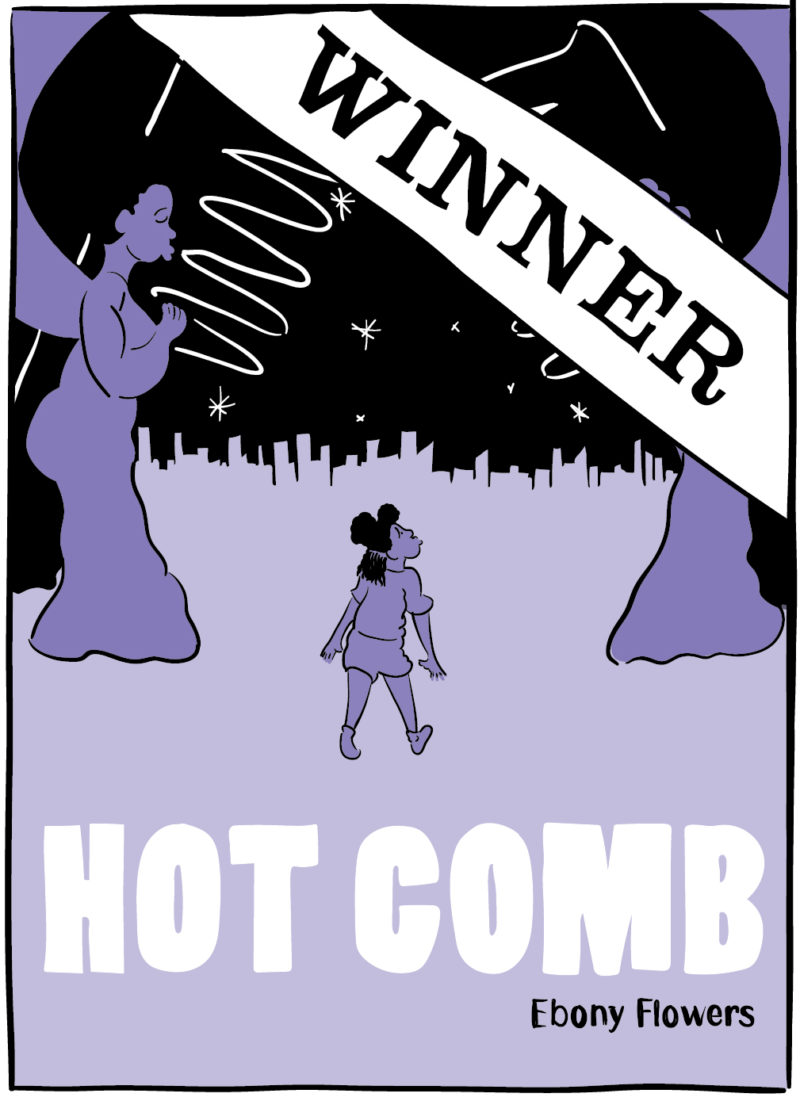 Hot Comb
Hot Comb
by Ebony Flowers
Drawn & Quarterly
It feels rare to encounter a book as full of life as Ebony Flowers’s debut collection of short graphic fictions, Hot Comb. The stories largely center around young black girls’ formative experiences with their hair. These stories have much to say about the experience of black womanhood in America, and the way black women’s bodies are never just their bodies but objects of obsession for our entire culture. Then there is Flowers’s inventive, imaginative drawing. The style in which each story is rendered changes according to the narrative’s needs, but Flowers’s impressionistic panels are a constant. They vibrate with an energy that suggests they’ve been invested with the world she portrays. In Hot Comb, Flowers has produced something authentically new and exciting.
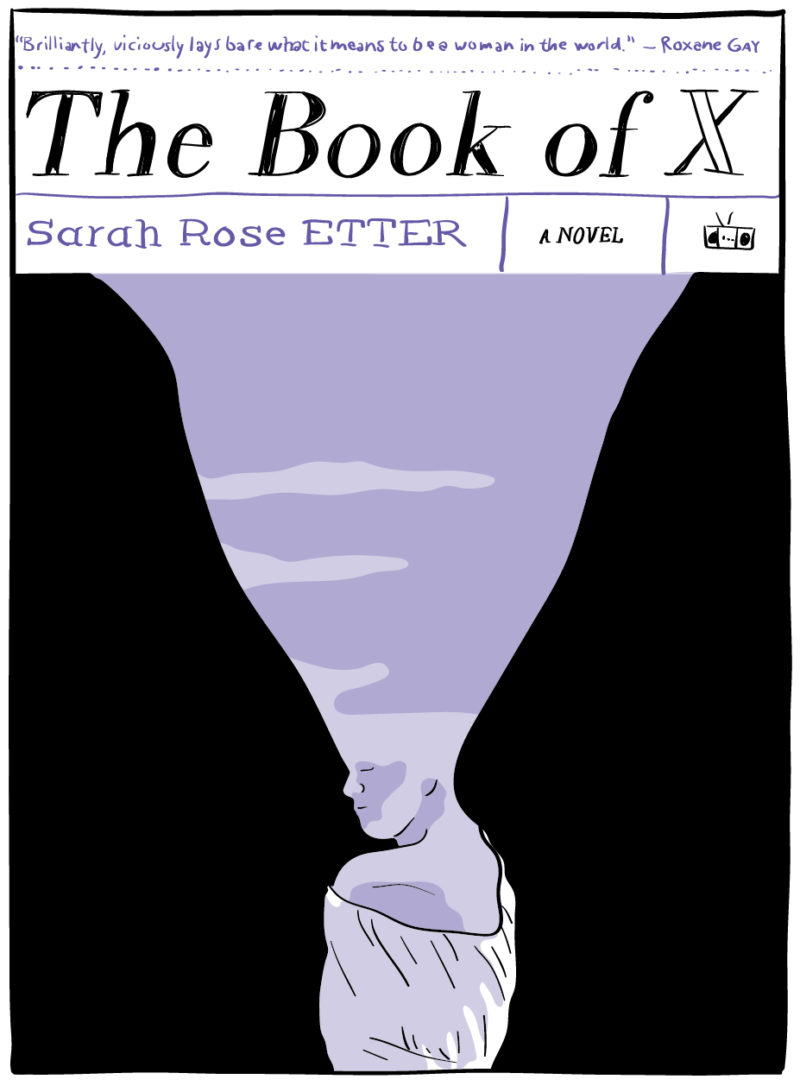
The Book of X
by Sarah Rose Etter
Two Dollar Radio
Much has been said about the joys and possible frustrations of untying knots: scouts’, sailing, Gordian, and others. Sarah Rose Etter’s debut novel, which centers on a family of “knotted” women who are marked by a mysterious physical deformity, uses allegory and bright, economical language to unravel a knotty plot. Its intricacy is delightful. Surreal, sparse, and written in a poet’s tongue, this novel is as thrilling a book about intergenerational trauma and the mysteries of some women’s bodies as one can find, and the result is a sweet-sour fever dream that reads like a cherry stem, wound and mysterious.
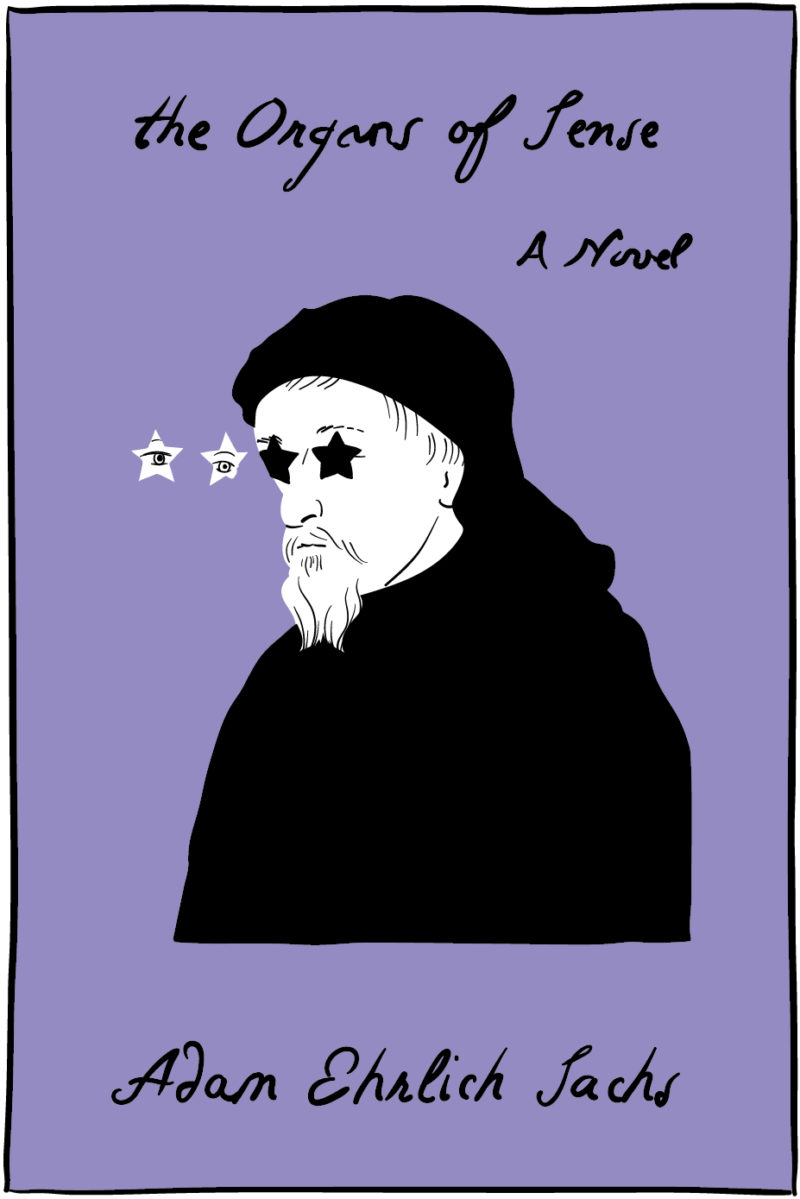
The Organs of Sense
by Adam Ehrlich Sachs
Farrar, Straus and Giroux
Adam Ehrlich Sachs’s second book is a laser-focused digression, a shaggy-dog tale about what the German philosopher Gottfried Wilhelm Leibniz learns when he goes to see a blind astronomer who’s predicted an eclipse. To read Sachs’s book is to take an absolutely wild ride in the style of Thomas Bernhard, Franz Kafka, and Gert Hofmann: This is a book with real humanity to its humorousness, in which comedy is taken with the utmost seriousness, and not just played for laughs.
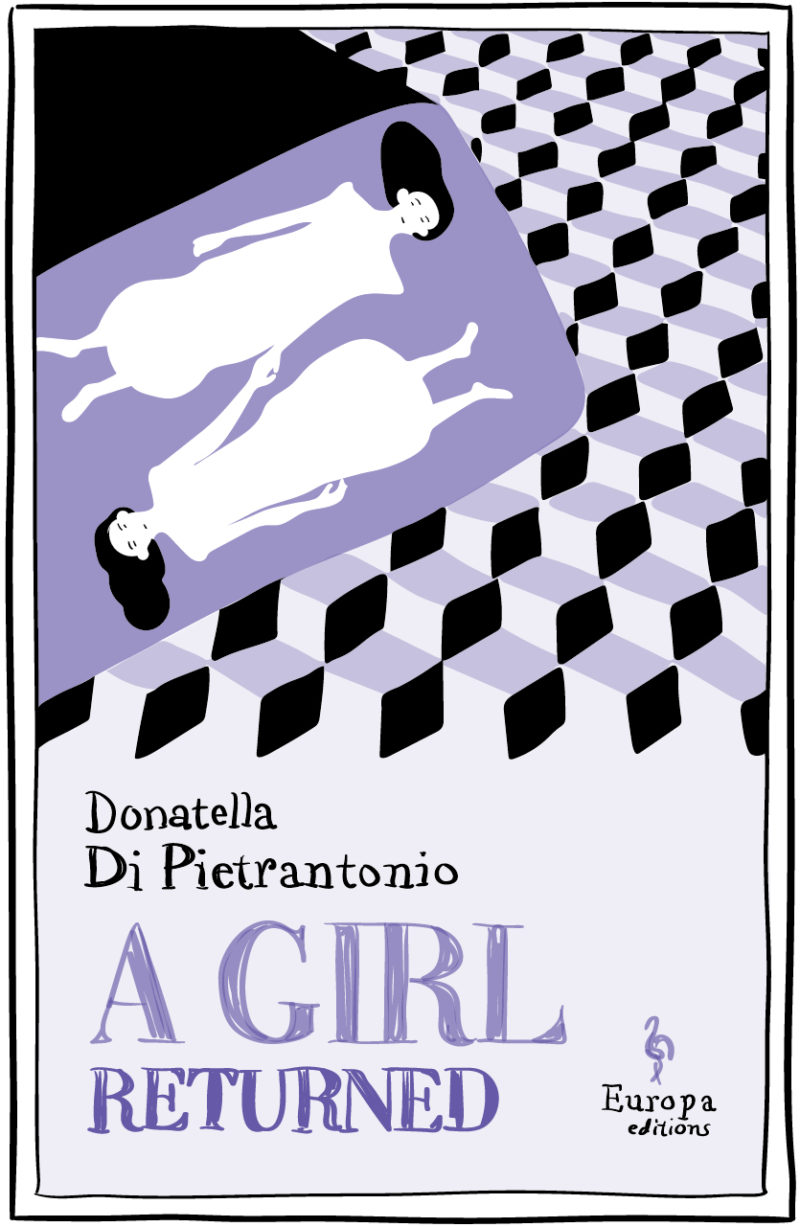
A Girl Returned
by Donatella Di Pietrantonio (translated by Ann Goldstein)
Europa Editions
Donatella Di Pietrantonio’s third novel is a moving exploration of adolescence and belonging. At thirteen, a young girl is returned to her family against her will. Prior to this, she had lived with a different family, whom she believed to be her real family. That family lived in a coastal city and enjoyed a comfortable life. Her new family struggles to eke out a meager existence in a poor, rural town. As the girl adjusts to her new circumstances, a core question lingers in her mind: Why did her first family give her away? Told with skill and simplicity, A Girl Returned captures the emotional sensitivity of childhood with exquisite precision.
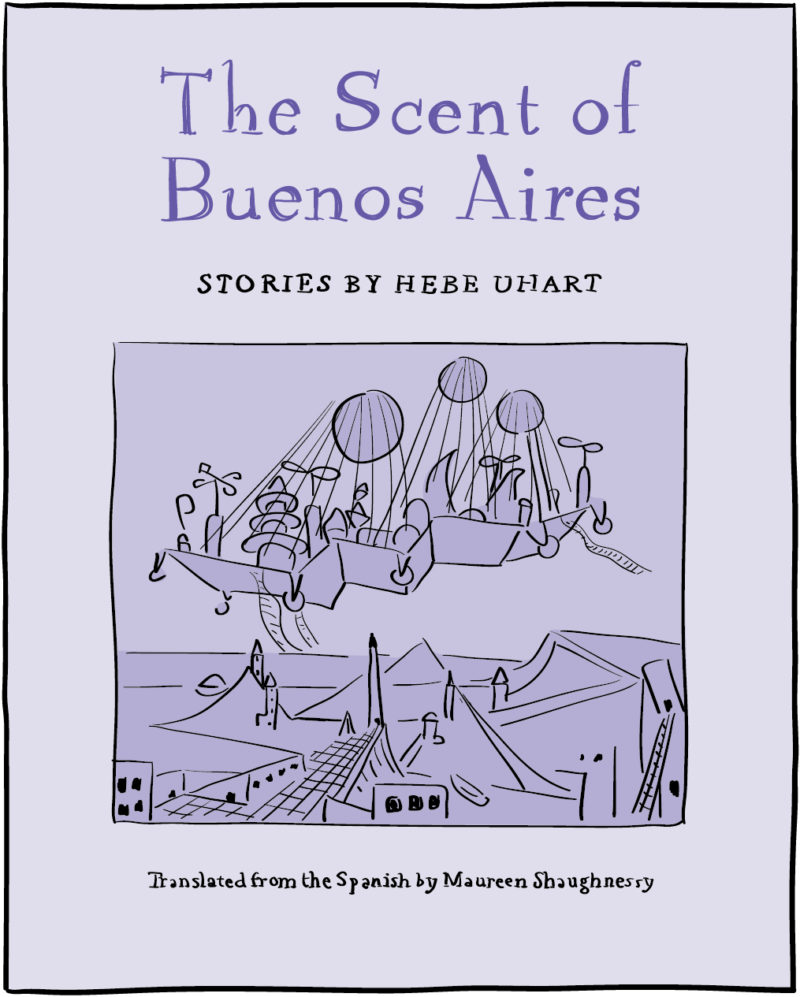
The Scent of Buenos Aires
by Hebe Uhart (translated by Maureen Shaughnessy)
Archipelago Books
This lively collection from the Argentinian writer Hebe Uhart—somehow her first to be translated into English—is full of stories that are witty, discursive, and marvelously askew. There is a lightness of touch to these deceptively dashed-off (and oft-abbreviated) story forms, something Walser-ian in their enchanting, meandering narrators, their celebration of things typically deemed beneath artistic consideration. “Like the children, I prefer ‘earthwern’ to ‘earthworm,’” observes the hapless narrator of one story, a school principal. “It’s more humble, shadier, more intimate. Earthworm is a little dry.” Like earthwern, Uhart’s delightful book is anything but dry.
Nonfiction
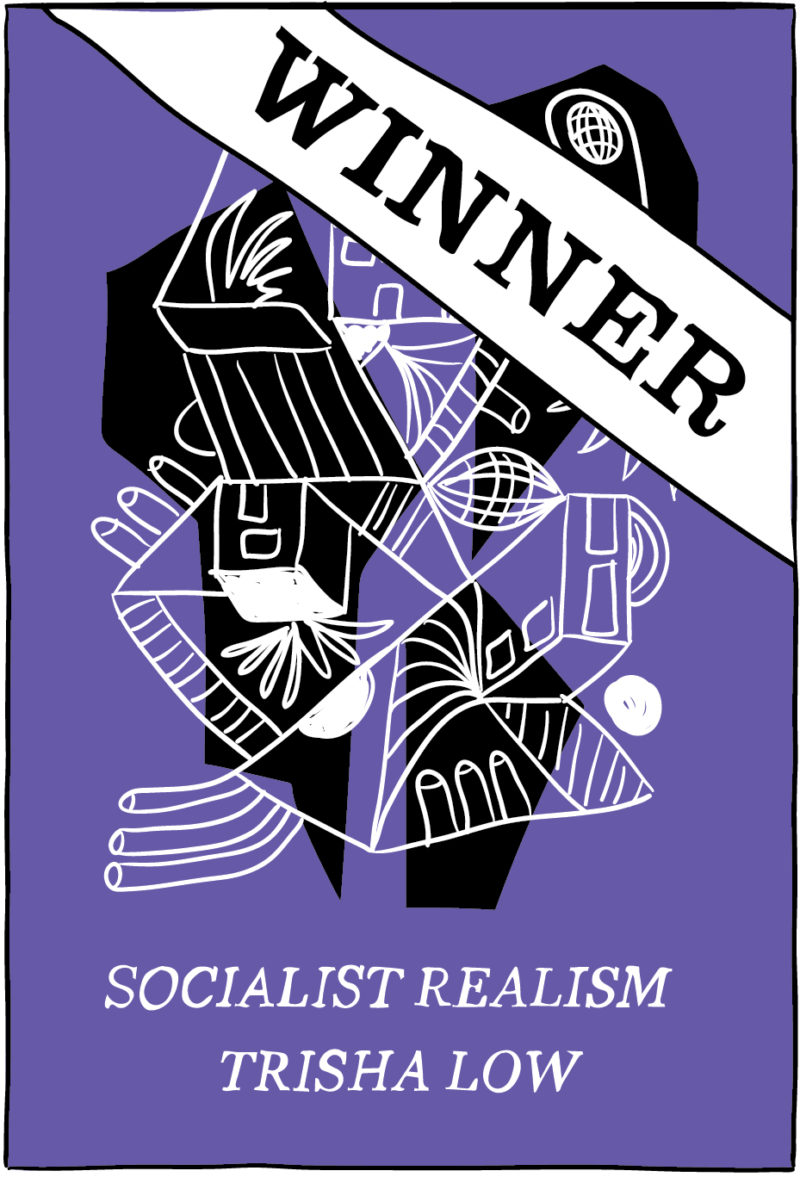
Socialist Realism
by Trisha Low
Coffee House Press
Trisha Low’s Socialist Realism is a meditation on home, identity, and artifice. Packed with references to film, art, and theory, Low’s book is a hybrid of travelogue, memoir, and criticism. Few works of art—outside of the scene at the end of The Wiz where Diana Ross sings “Home,” swiveling her head wildly, her tearfilled eyes blinking against a black backdrop—offer as scintillating a vision of what it means to yearn for the comfort of home alongside the utter strangeness and sparkle of irresolution. Low’s short sentences easily convey her thoughts, but the journey is in the swerves of her thinking. She writes on the book’s first page about the allure of California, a place “charged with possibility, yet devoid of satisfaction.” Upon reaching the last page, one understands that the same could not be said of Socialist Realism and its pleasures. In this book, Trisha Low is at home in her electric mind, and we are happy to have been invited in.
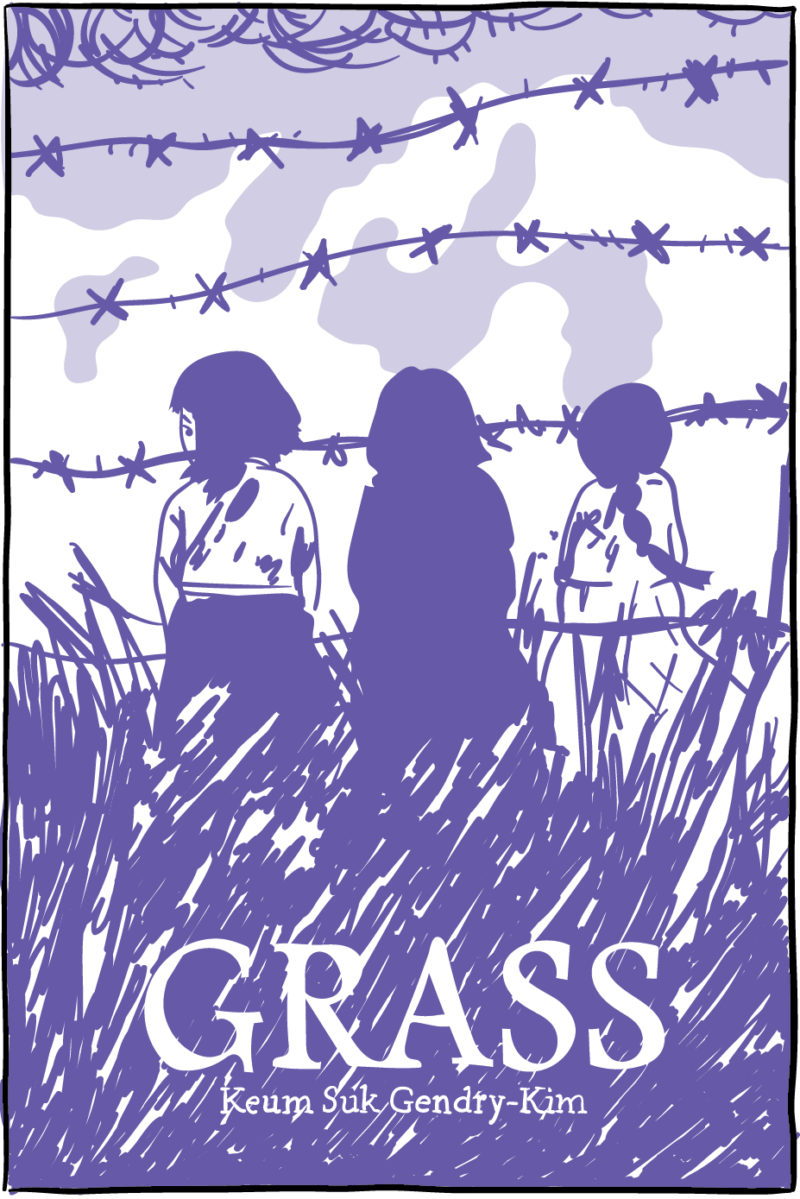
Grass
by Keum Suk Gendry-Kim (translated by Janet Hong)
Drawn & Quarterly
In illustrations that shift from crisp linework to emotive, textured brushstrokes, Keum Suk Gendry-Kim leads us through the story of Lee Ok-sun, a young Korean girl forced into sexual slavery during World War II. Beginning with her childhood under Japanese occupation, Grass is formed around interviews with Ok-sun, conducted by Gentry-Kim in Ok-sun’s nursing home, and the result is both an intimate narrative of a disputed moment in history and an excruciating life story. Gendry- Kim’s relentless gaze puts the torment of comfort women at center stage in devastating black-and-white, and the culmination reads like a breathless argument for peace.
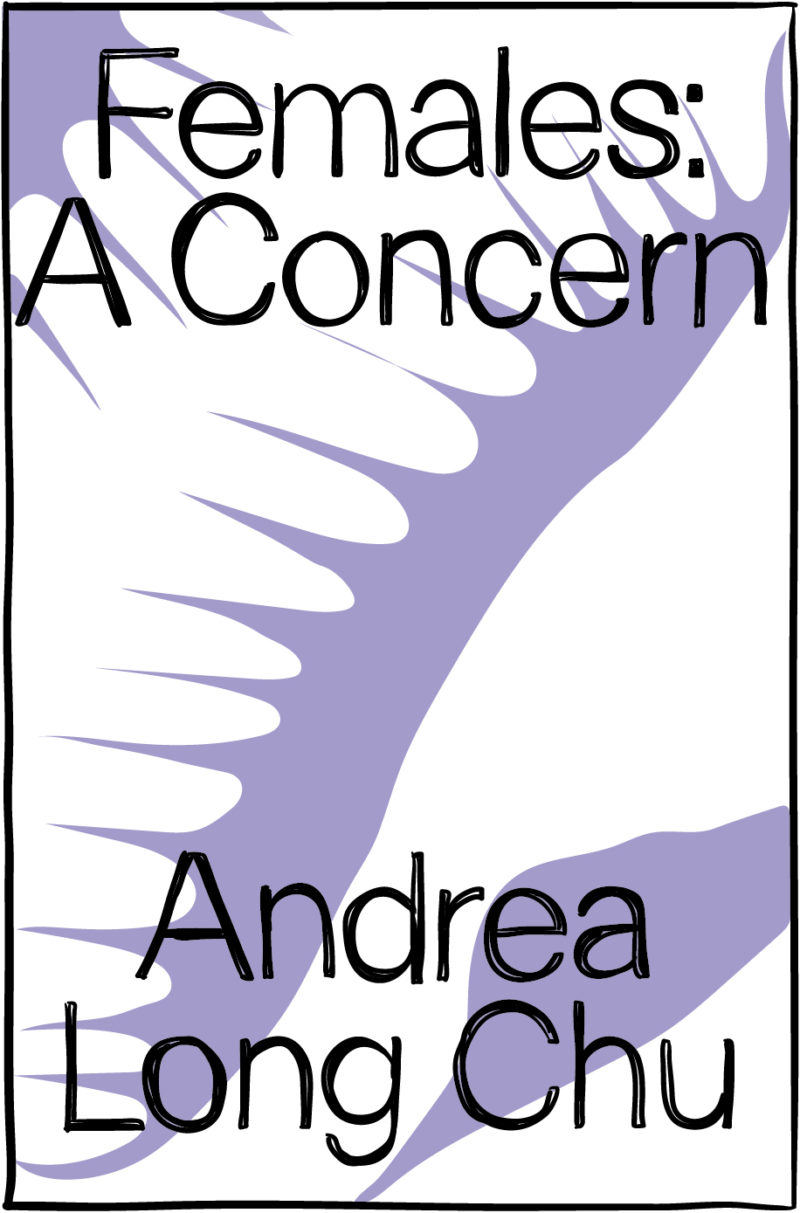
Females
by Andrea Long Chu
Verso Books
Andrea Long Chu’s argument in this booklength essay is simple: everyone is female, and everybody hates it. “I am female,” she writes. “And you, dear reader, you are female, even—especially—if you are not a woman. Welcome. Sorry.” Thus we are launched into the deep, deep rabbit hole of Chu’s deft analytical mind, pursuing a wholly original theory of gender and desire though a reading of the works of Valerie Solanas (the writer known for, among other things, shooting Andy Warhol), You-Tube makeup tutorialist Gigi Gorgeous, the manosphere, sissy porn, and other comparably fun topics. Chu’s writing is gleefully contrarian—perhaps even a bit trolly. Pussyhat power this is not. Lest a reader pick up the book expecting such blandly digestible expressions of solidarity, the opening pages come with a warning from the author: “I’m not sure what you’re reading is a feminist text… I’m not sure if I want it to be.”
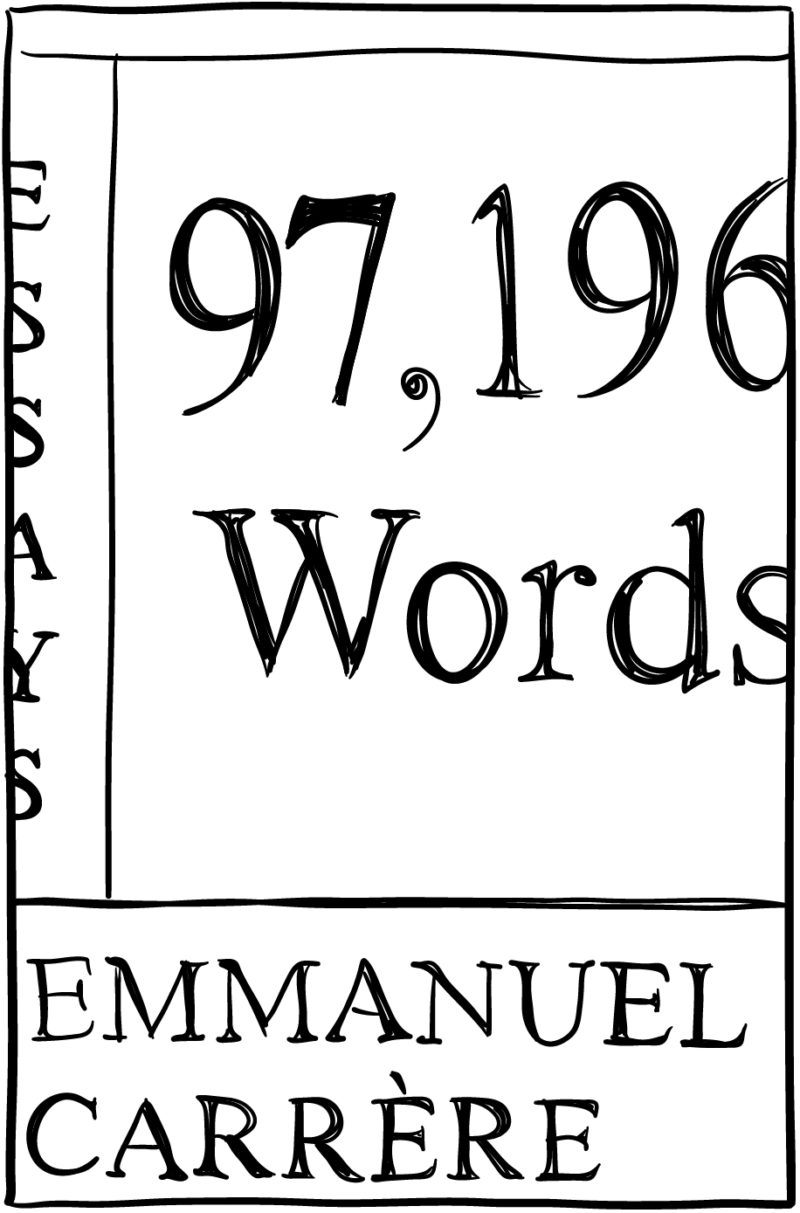
97,196 Words
by Emmanuel Carr.re (translated by John Lambert)
Farrar, Straus and Giroux
In a lesser writer’s hands, such a book—twenty-five years of selected nonfiction output on everything from Davos to Philip K. Dick to heroin addicts in the Tenderloin to Russian skinheads— could seem like so much miscellany, a jarring, stop-and-go experience at best. But 97,196 Words is absorbing and self-aware and an altogether joyful read. What unites the pieces is Carre himself, with his nimble approach, deep curiosity, and irresistible style. There is something moving about the careful way the self-described writer of “nonfiction novels” renders his subjects’ ordinary routines and concerns while, at the same time, setting up for readers the decisive moment on which everything will hinge. 97,196 Words is a series of discrete triumphs that culminate into the big one: a work of literature that is no less real and compelling and mysterious than life.
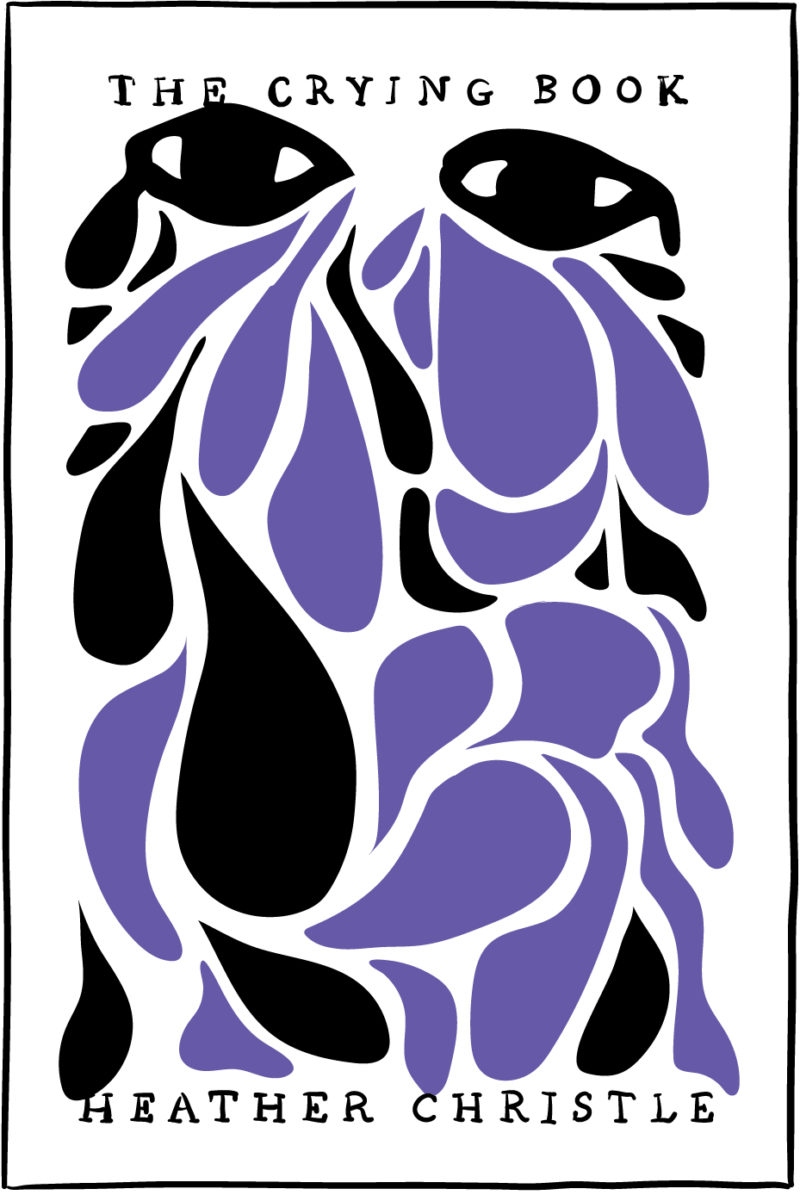
The Crying Book
by Heather Christle
Catapult Books
Here are some things we learned from Heather Christle’s The Crying Book. We learned the word for tear-drinking: lacyhryphagy. We learned that the author assembled what her husband called a research “crybrary.” We learned about “emotion elicitation techniques.” We learned “that the car is a private crying area.” We learned that the tears induced by emotion—compared with tears produced by onions, say—travel slower down the cheek, and stand out more vividly on it, thus increasing the chance that they will engender a response. In its tears, its joys, its lyrical flourishes, and its observational acuity, this book engendered a response in us, a tenderness in and beyond the tears.
Poetry
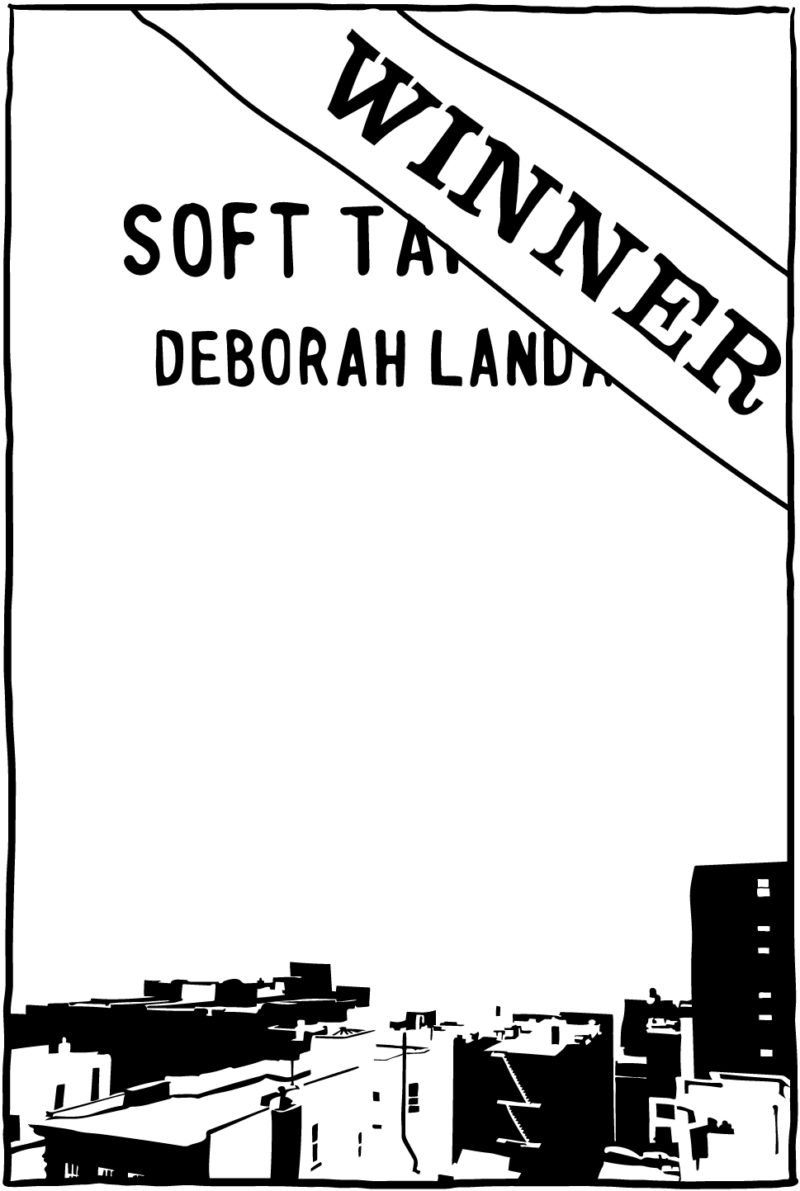
Soft Targets
by Deborah Landau
Copper Canyon Press
In her latest collection, Deborah Landau writes lush, sensual lyrics to reconcile both the beauty and the unrelenting vulnerability of the body, “the soft target.” The poems trace patterns of violence—global and local, past and present—to convey the constant threat of destruction that looms over so many “softs” in our precarious present. All the while, the poems grapple with what it means to live with pleasure and tenderness amid the shadow of imminent doom. As she writes, “O you who want to slaughter us, / we’ll be dead soon enough, what’s the rush— / and this our only world.”
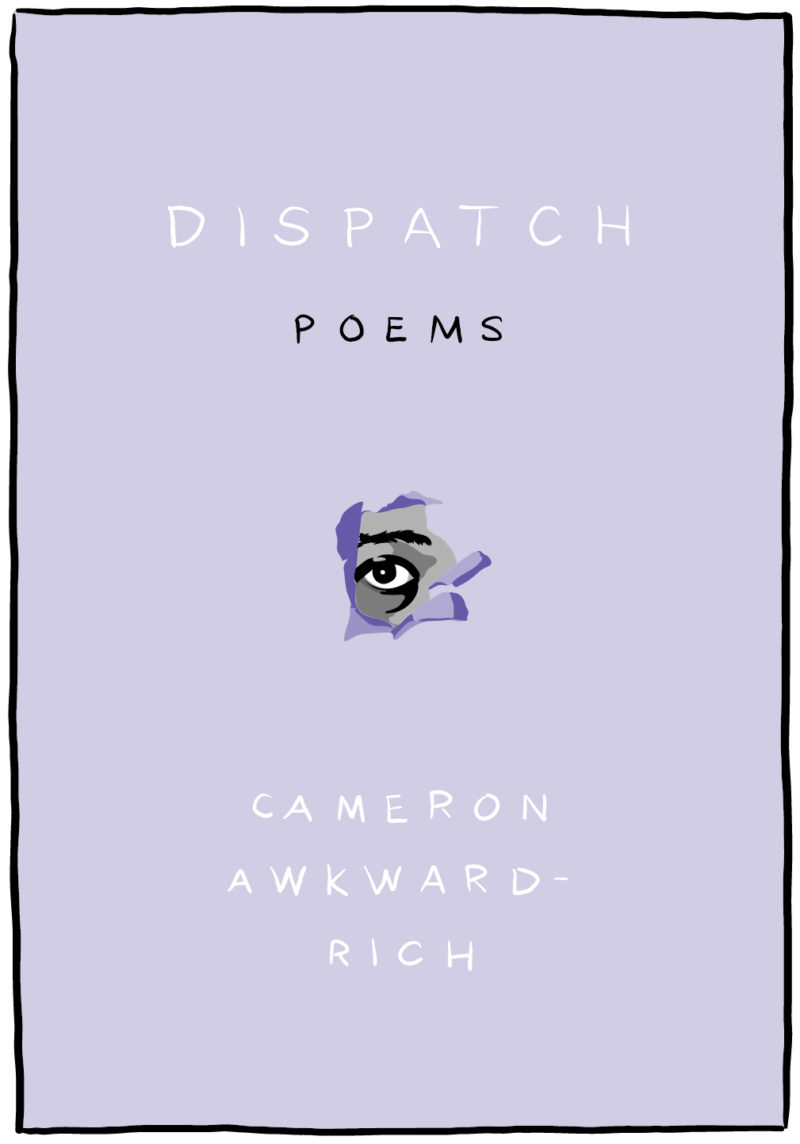
Dispatch
by Cameron Awkward-Rich
Persea Books
In Dispatch, Cameron Awkward-Rich confronts the brutal violence that America enacts upon trans, queer, and black people. The poems in this collection are a witnessing, a dispatch from the current state of affairs. And Awkward-Rich makes that all the more palpable by writing the history that brought us to where we are today. Amid the recurrence of “Bad News,” again and again Awkward-Rich finds space to celebrate the buoyant possibilities of love: “Oh / friends, my friends— / bloom how you must, wild / until we are free.”
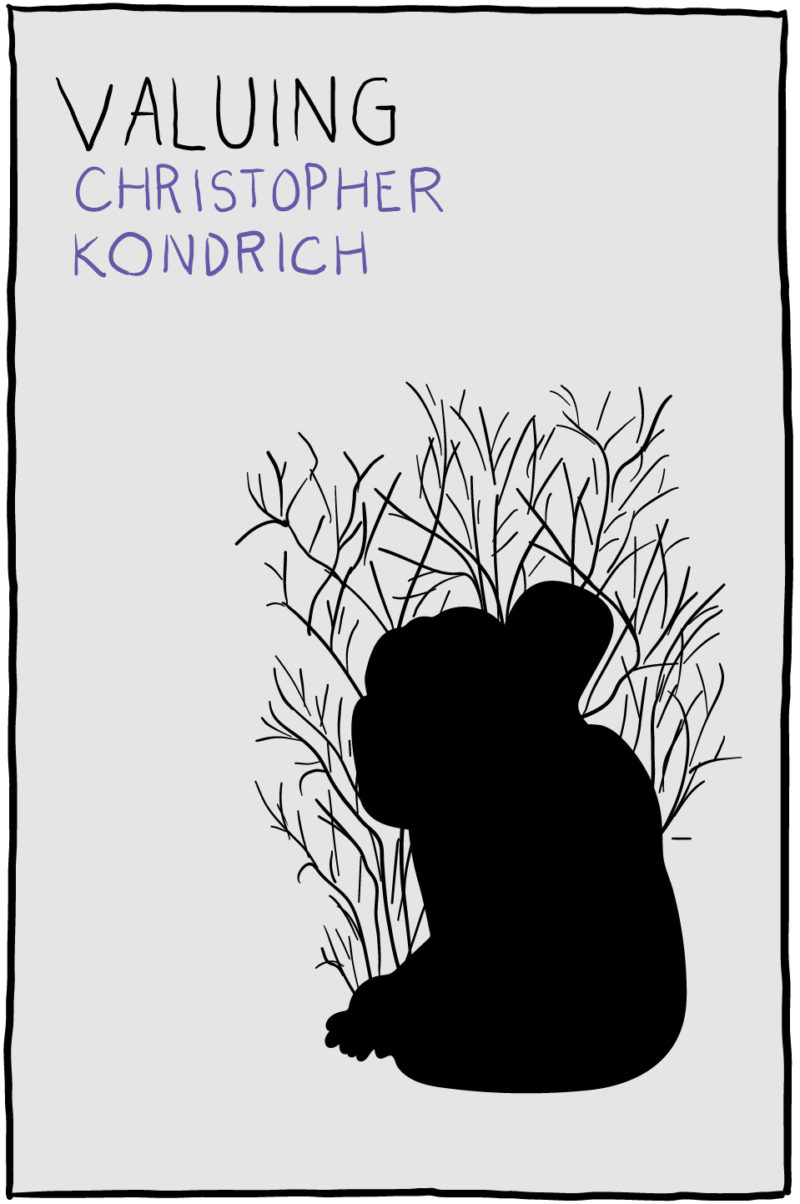
Valuing
by Christopher Kondrich
University of Georgia Press
In Valuing, Christopher Kondrich writes, “We determine the value of a thing / by how much we owe to those who remove it.” In his elegant and meditative poems, Kondrich reflects on how we assign value, how we evaluate what is worthy, useful, and necessary. Ocean and river water ebb and flow through these poems, which Kondrich casts out into the natural world in search of answers to bring back to the “world’s gray empire.”
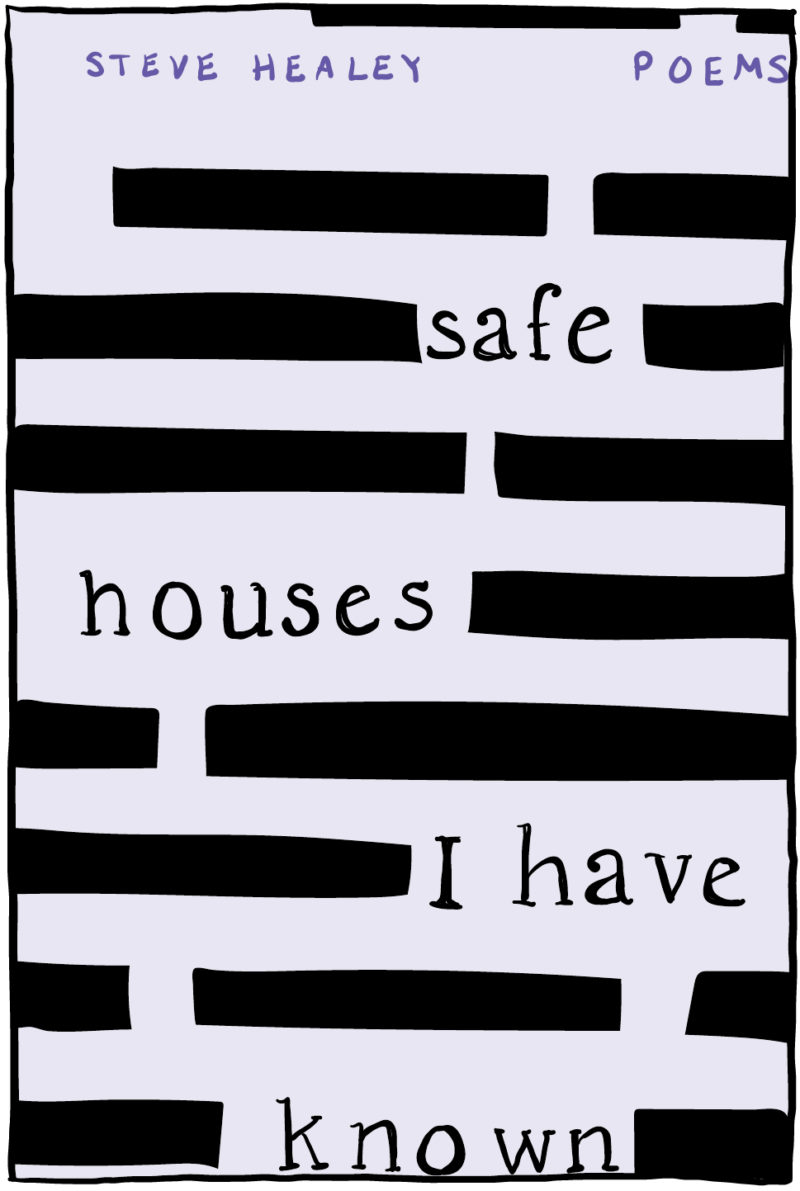
Safe Houses I Have Known
by Steve Healey
Coffee House Press
Steve Healey’s Safe Houses I Have Known is a clear-eyed accounting of the manifold costs of American empire and the state of surveillance and militaristic imperialism that we live in today. The poems move from the deeply personal, as Healey reflects on his father’s work as a spy for the CIA, to the global, as in the poem “Overthrow / Install,” which lists the violent regimes set up by the CIA around the world. The book is punctuated with erasure poems taken from CIA training resources, which implore us to ask the price of our safety, and our safe houses.
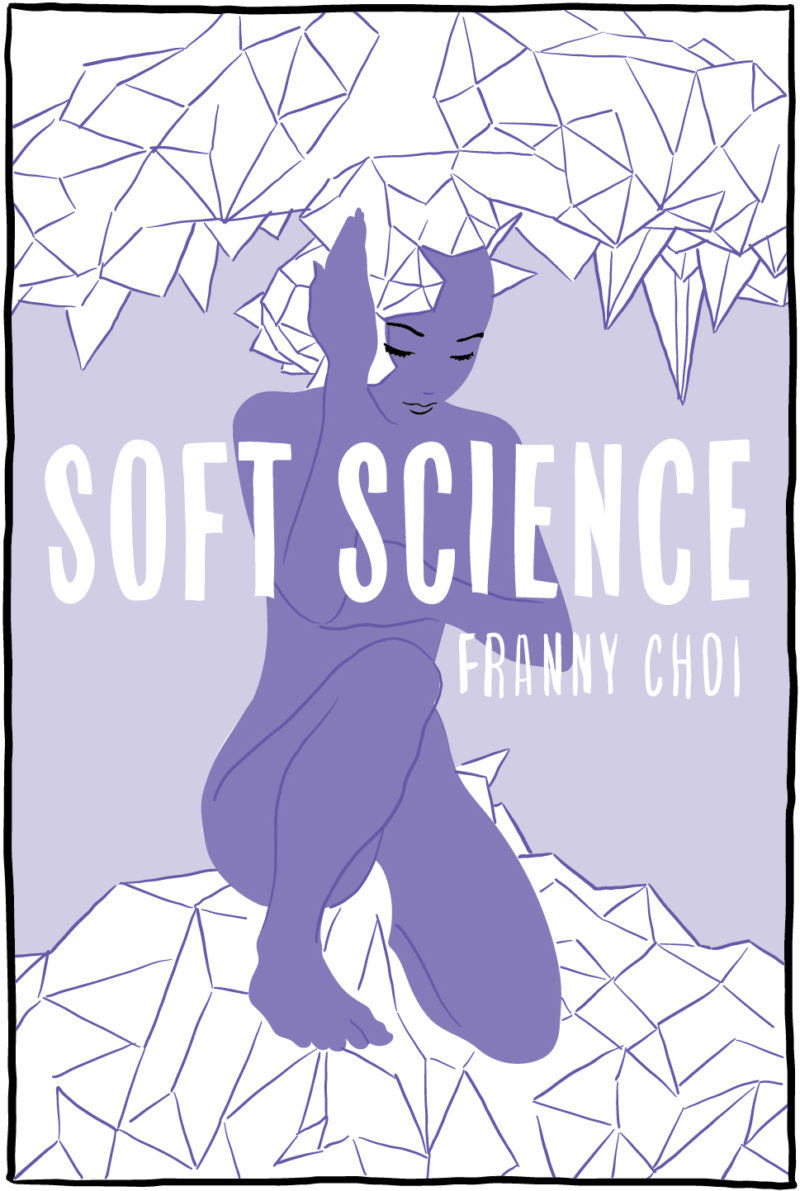
Soft Science
by Franny Choi
Alice James Books
Franny Choi’s Soft Science asks us how we define humanity and who has the power to dictate those definitions. These poems hum with pixelated screens and cyborg sentience. The spine of the collection is a series of poems that respond to Alan Turing’s eponymous test of machine intelligence, and push against the boundaries of biology and technology, muscle and machinery, and emotion and electricity. In Soft Science, the administrator of the Turing test asks the othered body, the alien, android, beast, cyborg: “// where did you come from,” “// if you don’t like it here why don’t you go somewhere else,” and “// what is… your country of origin.”
Past Winners
2018
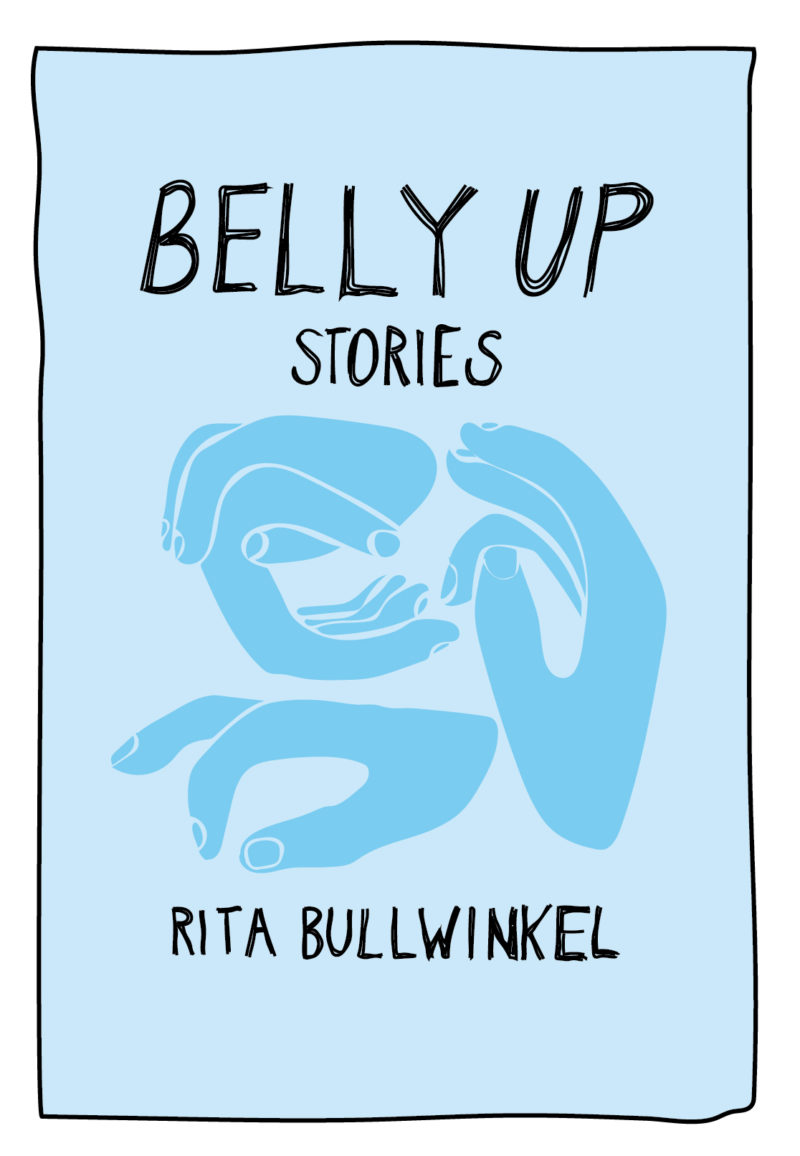

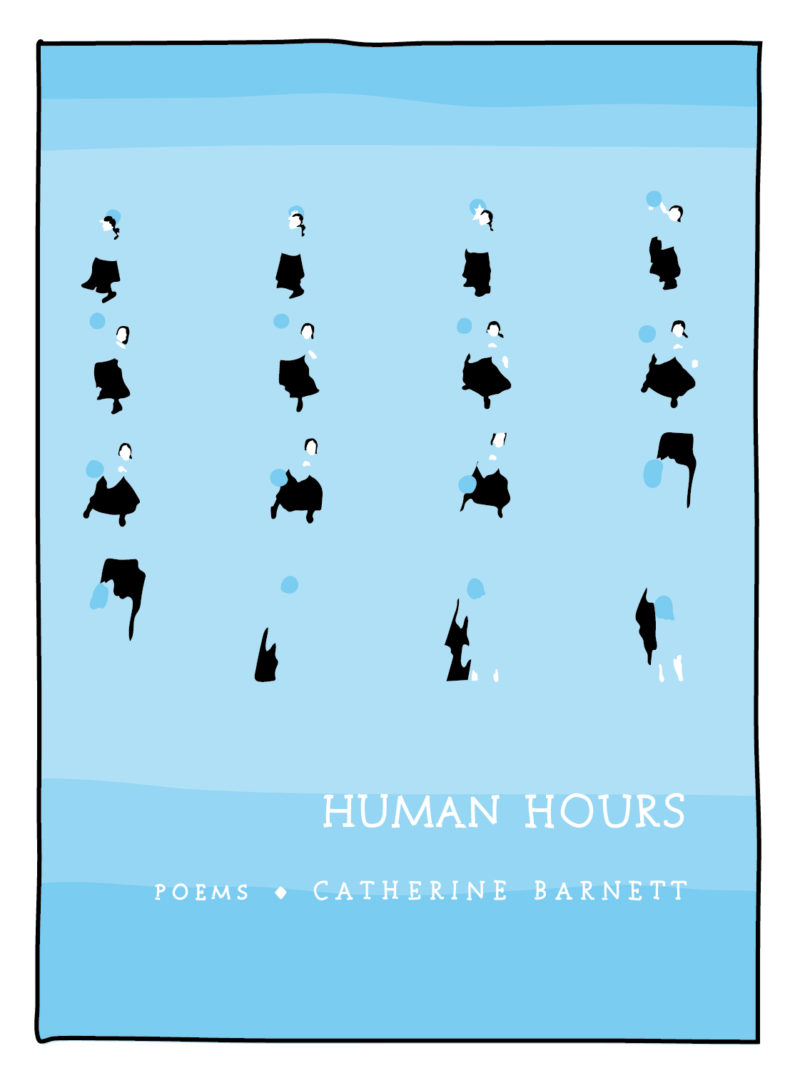
Fiction Finalists:
- Belly Up by Rita Bullwinkel (A Strange Object), winner
- Tell Them of Battles, Kings, and Elephants by Mathias Énard (New Directions)
- Your Black Friend and Other Strangers by Ben Passmore (Silver Sprocket)
- Riddance; Or: The Sybil Joines Vocational School for Ghost Speakers & Hearing-Mouth Children by Shelley Jackson (Black Balloon Publishing)
- Seventeen by Hideo Yokoyama, translated by Louise Heal Kawai (MCD Books)
Nonfiction Finalists:
- Interior States by Meghan O’Gieblyn (Anchor Books), winner
- This Little Art by Kate Briggs (Fitzcarraldo Editions)
- Mistaken Identity: Race and Class in the Age of Trump by Asad Haider (Verso Books)
- I Am, I Am, I Am: Seventeen Brushes with Death by Maggie O’Farrell (Knopf)
- Not to Read by Alejandro Zambra (Fitzcarraldo Editions)
Poetry Finalists:
- Human Hours by Catherine Barnett (Graywolf Press), winner
- You Darling Thing by Monica Ferrell (Four Way Books)
- Baby, I Don’t Care by Chelsey Minnis (Wave Books)
- Good Morning America I Am Hungry and on Fire by Jamie Mortara (YesYes Books)
- Spectra by Ashley Toliver (Coffee House Press)
2017
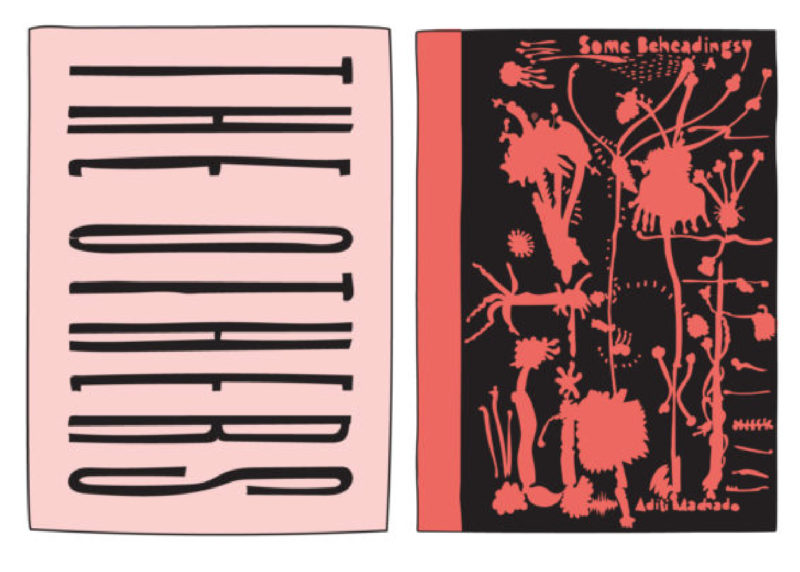
Fiction Finalists:
- The Others by Matthew Rohrer(Wave Books), winner
- MacArthur Park by Andrew Durbin(Nightboat Books)
- Temporary People by Deepak Unnikrishnan (Restless Books)
- Sour Heart by Jenny Zhang (Lenny Books)
- I’m Fine, But You Appear to Be Sinking by Leyna Krow (Featherproof Books)
Poetry Finalists:
- Some Beheadings by Aditi Machado (Nightboat Books), winner
- Imaginary Royalty by Miranda Field (Four Way Books)
- The Magic My Body Becomes by Jess Rizkallah (University of Arkansas Press)
- semiautomatic by Evie Shockley (Wesleyan Press)
Fort Not by Emily Skillings (The Song Cave)
To submit a book fiction or nonfiction for the 2020 Believer Book Awards, please send one review copy to:
The Believer Book Awards
Mailstop 455085
4505 S Maryland Pkwy
Las Vegas, NV 89154-5085
To submit a book of poetry for the 2020 Believer Book Awards, please send one review copy to:
The Believer Poetry Award
1095 Latham Rd,
Decatur, GA 30033
To submit graphic novels, graphic memoirs, comics, and other graphic narratives to the 2020 Believer Book Awards, please send one review copy to:
The Believer Graphic Narrative Award, C/O Kristen Radtke
PO Box 330578
1915 Fulton St
Brooklyn, NY 11233
Thanks and that’s all for now.
